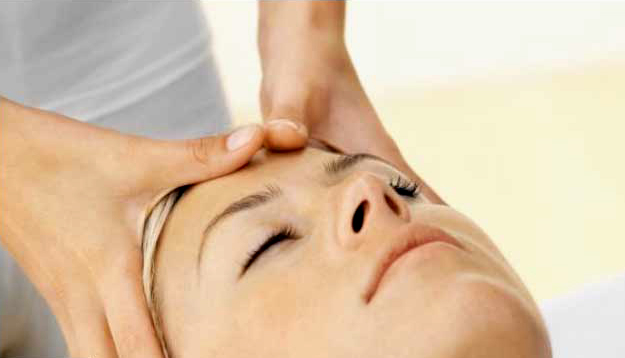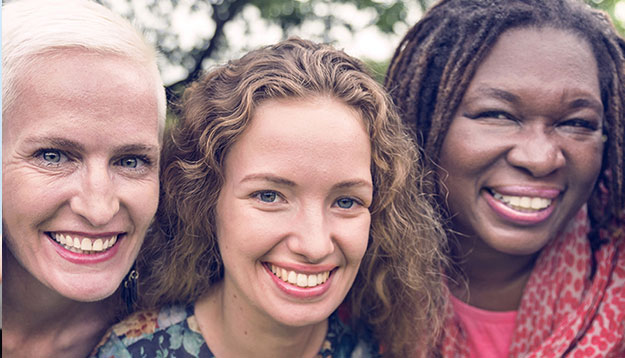
Is it safe for you to sleep with your baby? This question has long been a subject of great debate among health and parenting communities.
We believe that the answer to this question is a resounding “yes!” In fact, we encourage you to co-sleep with your little one. Not only does the practice facilitate attachment, but it also reduces the risk of SIDS, syncs your sleeping with your baby’s, and encourages a natural cycle of breastfeeding.
Below, we detail out some of the benefits of co-sleeping, and our recommendations for getting the most out of this beautiful experience. Keep in mind, however, that we always recommend making decisions based on what is right for you and your family, as needs and behavior patterns are different for every single baby.
A Happy Baby is a Healthy Baby
Did you know that your baby has neurologically-based responses to maternal smells, movements, and touch? Together, these sensations reduce your baby’s likelihood to cry at night, while also positively regulating their breathing, body temperature, absorption of calories, stress hormone levels, and even their immune system!
Much more than just a sweet snuggle time, co-sleeping promotes positive clinical changes in your little one. In other words, a happy baby is a healthy baby.
Take Steps to Prepare
Before you bring your little one into bed with you, take the following precautions to make sure you’re (both) as comfortable as possible:
• When breastfeeding, there is a biological rhythm established between you and your baby’s feeding and waking schedule. When bottle feeding, whether with breast or formula, the same sensitivities do not exist, and it is safest to have your baby sleep in a bedside crib or bassinet.
• If you have gaps in your bed furniture, use a light blanket to fill in spaces that might prove uncomfortable or dangerous for your little one.
• Make sure your bed is free from stuffed animals or pillows around your baby, and lay them in an open, safe space away from the edge of your mattress.
• Make sure your mattress is firm, or semi-firm – avoid soft mattresses, squishy pillow top mattresses, memory foam, and waterbeds as they increase risk of entrapment and suffocation.
Stay on the Safe Side
Concerned about the safety of co-sleeping? Here are some times when it may not be the best idea to co-sleep:
• Never sleep with your baby if you are under the influence of alcohol or medication.
• As a breastfeeding mother, or a bottle-feeding parent, you are naturally in tune with your baby. However, older siblings or pets may not be as aware of their presence after falling into a deep sleep. As such, you should avoid having your little one sleep with others.
• Never co-sleep on a surface other than a mattress. Couches and/or recliners do not provide enough support.
• Are you feeling especially exhausted? The demands of parenting a newborn can drain you of all of your energy, and cause you to sleep much more deeply than usual. If you are feeling extra tired, avoid bringing your little one into bed with you.
Do you have recommendations for creating a positive and safe co-sleeping experience? We would love to hear from you via email, Facebook or Twitter.




